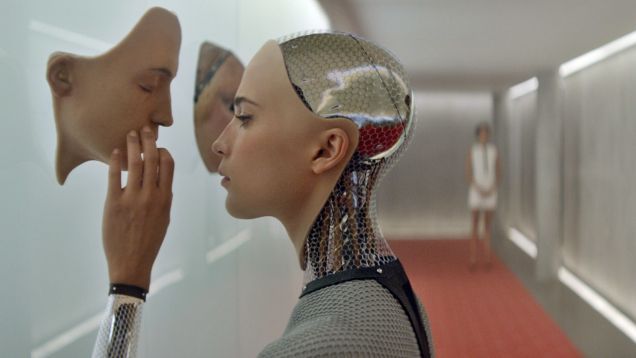Page 11476
Jun 29, 2015
Some physicists believe we’re living in a giant hologram — and it’s not that far-fetched
Posted by Sean Brazell in category: physics
Jun 29, 2015
No, an AI Did Not Just “Lash Out” at Its Human Programmer
Posted by Sean Brazell in categories: ethics, neuroscience, robotics/AI
A slew of articles are claiming that an “exasperated” artificial intelligence snapped at its programmer during a conversation about morality and ethics. Sadly, it’s another example of the media overselling the capabilities of simple chatbots.
Jun 29, 2015
Africa Is Going To Be Polio-Free Soon
Posted by Bryan Gatton in category: biotech/medical
After years of frustrating pushback, Africa may soon be able to declare itself polio-free.
The disease that affects mostly children under 5 and can lead to irreversible paralysis, has been all but wiped out in Africa — except for in Nigeria. There, religious leaders often interfered with vaccination campaigns, but thanks to increased efforts, the country hasnât seen a new polio case since July of last year, NPRâs Goats and Soda reported.
Jun 29, 2015
How Google Finally Got Design — By Cliff Kuang | Fast Company
Posted by Odette Bohr Dienel in categories: computing, engineering
“It would have been crazy to say just a few years ago. But today, Google produces better-designed software than any other tech behemoth. If you don’t believe that, then set down your Apple-flavored Kool-Aid. Take a cleansing breath, open your mind, and compare Android and iOS.”
Jun 29, 2015
What If Authors Were Paid Every Time Someone Turned a Page? — Peter Wayner | The Atlantic
Posted by Seb in categories: business, entertainment

“The maker of the Kindle is going to flip the formula used for reimbursing some of the authors who depend on it for sales. Instead of paying these authors by the book, Amazon will soon start paying authors based on how many pages are read—not how many pages are downloaded, but how many pages are displayed on the screen long enough to be parsed.” Read More
[The Washington Post] The explosion was the third failed attempt to resupply the space station with cargo in recent months.
Jun 28, 2015
California Assembly passes mandatory vaccine bill
Posted by Bryan Gatton in category: biotech/medical
California’s Assembly on Thursday approved a hotly contested bill requiring that nearly all public schoolchildren be vaccinated, clearing one of its last major legislative obstacles before the measure heads to the desk of Gov. Jerry Brown.
Jun 28, 2015
What It Will Take for Humans to Live on the Moon — Bryan Lufkin | Gizmodo
Posted by Seb in categories: space, space travel

“We (“we” meaning robots, at least at first) need to do lots of lunar experiments. What’s the nature of the Moon’s poles? Where is the water stored? We can answer those questions using robots—a couple of surface rovers, like Curiosity on Mars. These rovers can measure temperatures, slopes, surface properties, and the measurements of existing ice. Once we figure out a way to locate this vital resource on the Moon, the real progress can begin.” Read more














